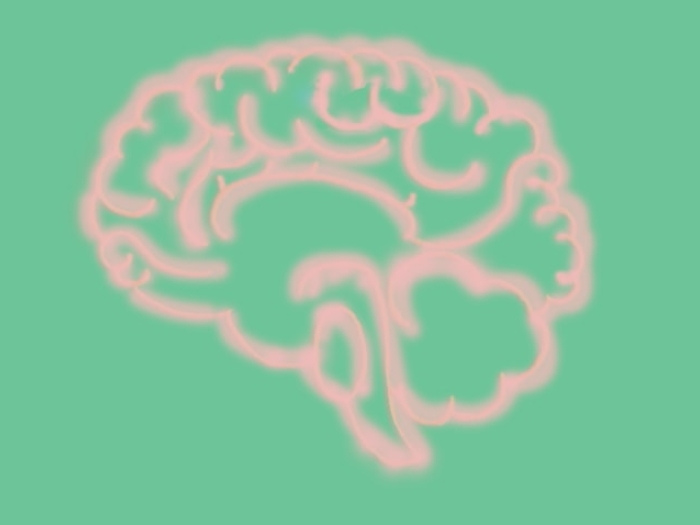If you suspect your loved one is displaying symptoms of psychosis with Parkinson’s disease, there are actions you can take to help.
7:00 AM
Author |

Patients with a new diagnosis of Parkinson's disease should ideally be evaluated for depression, mood and cognitive problems, as these are very common symptoms of Parkinson's disease. Such a guideline helps patients and their loved ones live the best lives they can with the disease.
MORE FROM MICHIGAN: Sign up for our weekly newsletter
More than 50 percent of those taking the drug carbidopa-levodopa (brand name Sinemet) may experience psychosis — a break with reality.
We as physicians, then, have to be careful with what we prescribe for the psychosis because some antipsychotic medications risk making Parkinson's motor symptoms worse, or, in combination with Parkinson's medications, can worsen the psychosis. Quietapine has been beneficial but can cause sedation and sometimes worsening of Parkinsonism. Clozapine has better evidence for its use but can cause malfunctioning of the bone marrow and immune system compromise, so it requires frequent blood monitoring.
The good news is that the FDA recently approved pimavanserin (brand name Nuplazid, a new drug used explicitly to control psychosis in people with Parkinson's disease. Pimavanserin is a non-dopaminergic atypical antipsychotic. It is not approved for the treatment of patients with dementia-related psychosis unrelated to the hallucinations and delusions associated with Parkinson's disease psychosis. Because pimavanserin is new, it is expensive, but the manufacturer has programs to possibly cover or offset the cost.
New drug options are good news for Parkinson's patients and their loved ones. Here's what else to know about the condition.
Determining psychosis
Parkinson's disease psychosis may include various kinds of hallucinations, misidentification of items or paranoia. Psychosis is hard for family members to witness and may prompt them to make the decision to place their loved one in a nursing home or care facility.
In a study of more than 1,000 patients in various stages of the disease, more than 60 percent of patients reported psychiatric symptoms, including fatigue, anxiety and depression.
The following symptoms could indicate psychosis:
-
Visual hallucinations: Changes in the retina and visual cortex can lead to the misidentification of objects as threatening things
-
Hearing sounds
-
Illusions: A thing that is wrongly perceived or interpreted by the senses
-
Feeling another person's presence in the room
-
Hallucinations
-
Delusions: Fixed, false beliefs that somebody is out to hurt you
-
Sleep intrusions: Sleep disorders such as insomnia, sleep apnea and others
-
Alternations in attention
What to do
When a person with Parkinson's disease has an apparent psychosis, a medical work-up should be conducted to check for infections such as urinary tract infection (UTI), pneumonia or other conditions that would cause confusion or delirium.
SEE ALSO: Unique Therapy Addresses Parkinson's Disease in 'Big' and 'Loud' Ways
Infections can cause drastic changes in how the patient is thinking, making it difficult for observers to discern hallucinations from medically or pharmacologically induced confusion or delirium. Some symptoms that look like psychosis actually may be the symptoms of other medical conditions.
A thorough medical review also makes sure that the psychosis is not a result of prescription interaction.
In short, all avenues should be investigated before prescribing an antipsychotic, which could make matters worse by causing excess sleepiness and confusion.
But as more drug therapies become available for Parkinson's and its related symptoms, there is hope.
For more information, make an appointment with the U-M PD team, or watch Dr. Ridder's talk from the University of Michigan's 2016 Parkinson's & You Symposium on cognitive and psychiatric problems seen in people with Parkinson's disease.

Explore a variety of health care news & stories by visiting the Health Lab home page for more articles.

Department of Communication at Michigan Medicine
Want top health & research news weekly? Sign up for Health Lab’s newsletters today!





